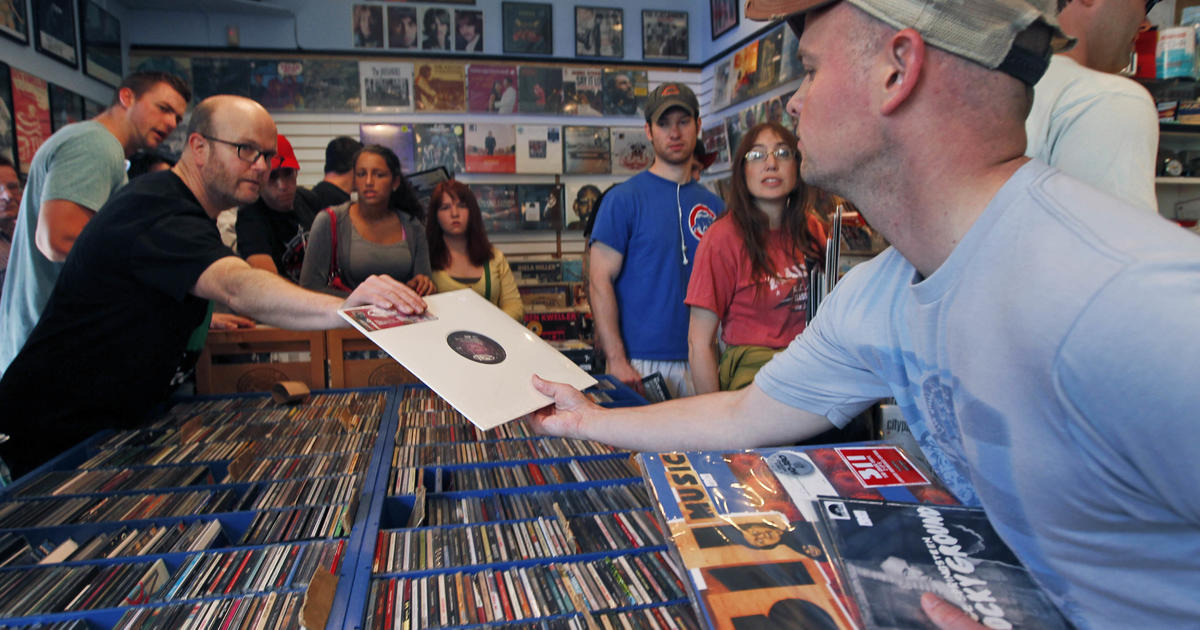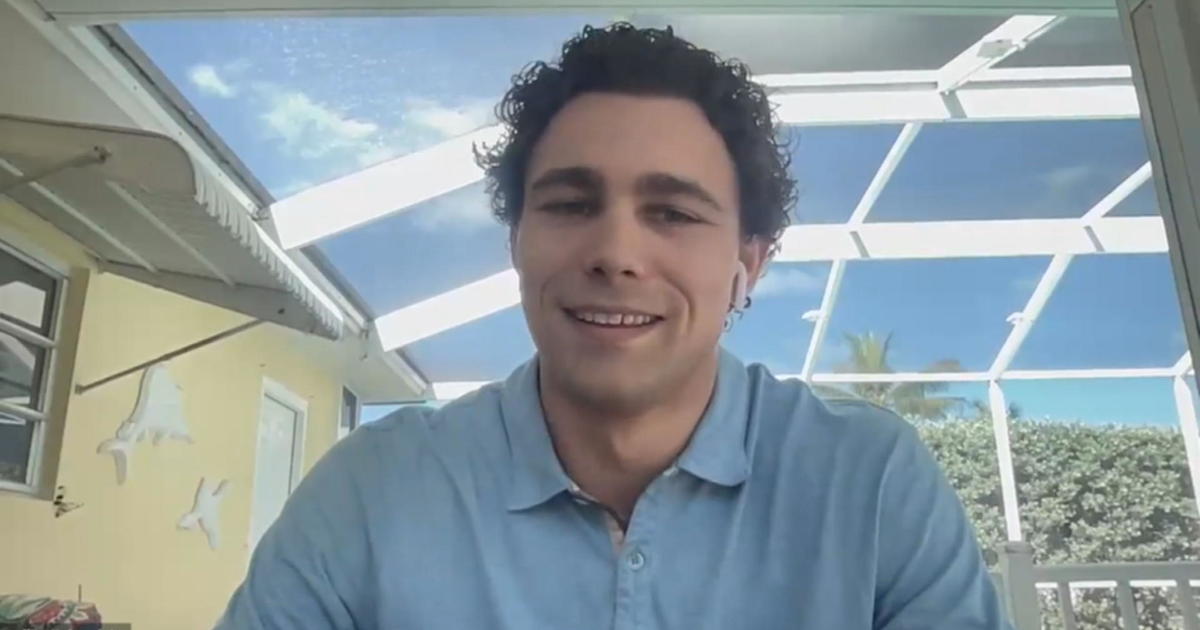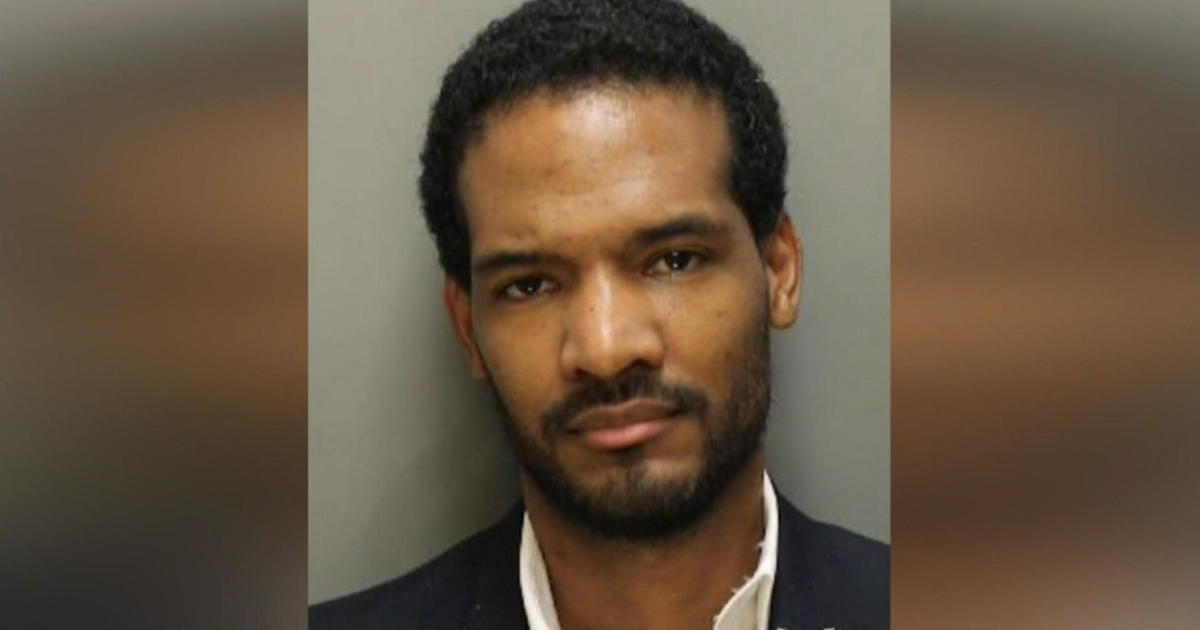Those Wrongfully Convicted Seek Justice, Compensation
PHILADELPHIA (CBS) -- It's Wrongful Conviction Day - where organizations around the world raise awareness about the causes and consequences of wrongful incarceration. Philadelphia exonerees spent the day lobbying lawmakers for change.
For 43 days, Anthony Wright has lived as a free man.
"Sometimes I still wake up in the middle of the night and lift my head off the pillow to make sure I am still here and I'm not dreaming," says Wright, who was exonerated in August.
It sometimes doesn't seem real because for 25 of his 45 years, he lived behind bars. Wrongfully convicted of rape and murder, Wright was cleared when new DNA evidence convinced a jury to find him not guilty. Days later, he cut the first birthday cake ever to bear his name.
"It's been a long and tough road, but through it all, I have been so blessed," he says.
Wright's attorneys recently filed a civil rights lawsuit against the city of Philadelphia and the 11 police officers involved in his investigation. They claim false evidence and a coerced confession lead to Wright's wrongful conviction. They're seeking damages.
"I think we have the best system in the world, but it's not a perfect system," says Gordon Cooney, who manages the Litigation Practice Group for Morgan Lewis. He is one of the lawyers who represented John Thompson for more than two decades. The Louisiana man spent 18 years in prison, 14 on death row, for two crimes he did not commit. But when he got out-- time lost and pain suffered, Thompson had little recourse. So Cooney and his team filed a lawsuit.
"We were able at the trial court level and at the appeals court level to get and hold onto a very sizable verdict," he says.
The attorneys proved prosecutors withheld evidence and won $14-million for their client. But the prosecutor's office appealed and the U.S. Supreme Court -- overturned the decision.
"The Supreme Court has put in place such barriers to recovery that it's impossible, if not nearly impossible, for a criminal defendant who has had his civil rights violated to seek compensation from a prosecutor," says Cooney.
It's also an uphill battle to seek compensation in the courts from any civil servants who possess immunity. As a result, defendants are forced to look to legislation.
"In so many of these cases there is no one to blame and no one who did something intentionally," says Marissa Bluestein, executive director of Innocence Project of Pennsylvania. "It's just a the system led to an error that led to a tragic mistake."
Bluestein says 37 states provide a remedy for the wrongfully convicted, allowing them to seek compensation, even if it is limited. Pennsylvania does not provide any compensation for exonerees. In reality, they get less assistance than those who actually commit a crime.
"Ex-offenders can get re-entry services like halfway houses and training," says Bluestein. "It's ironic that exonerees get less."
On Tuesday, Bluestein took Wright and several exonerees to Harrisburg to lobby lawmakers about the need for exoneree compensation.
"They need some funding," says Bluestein, "to help with housing, job training, literacy, therapy, whatever it is that they need."
Wright says he was happy to speak out.
"I want to advocate for those guys who didn't have a voice, like I didn't have a voice," he says.



